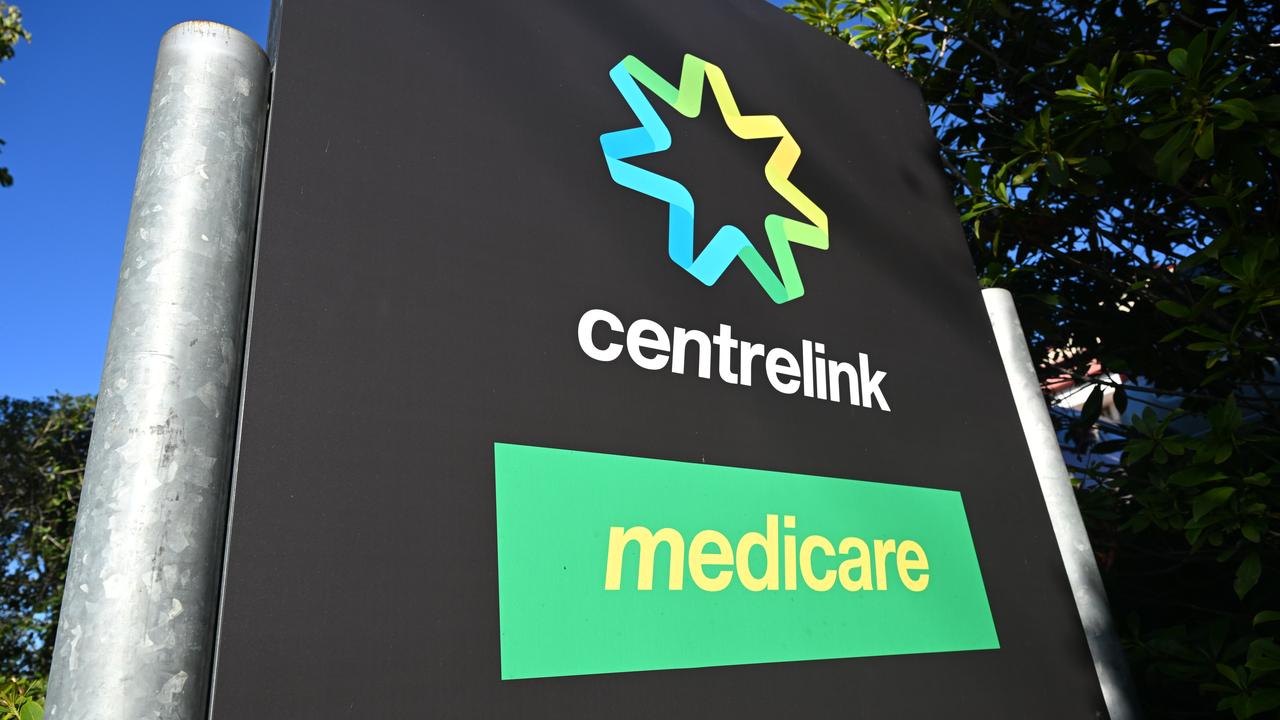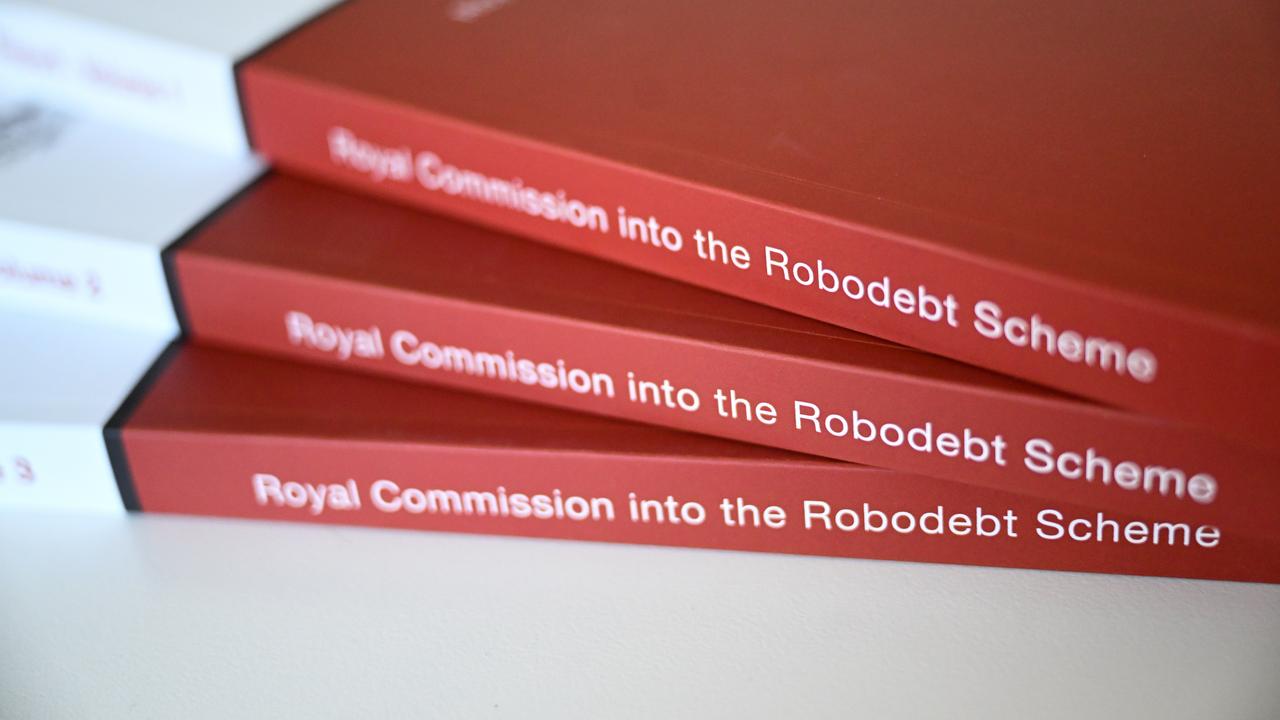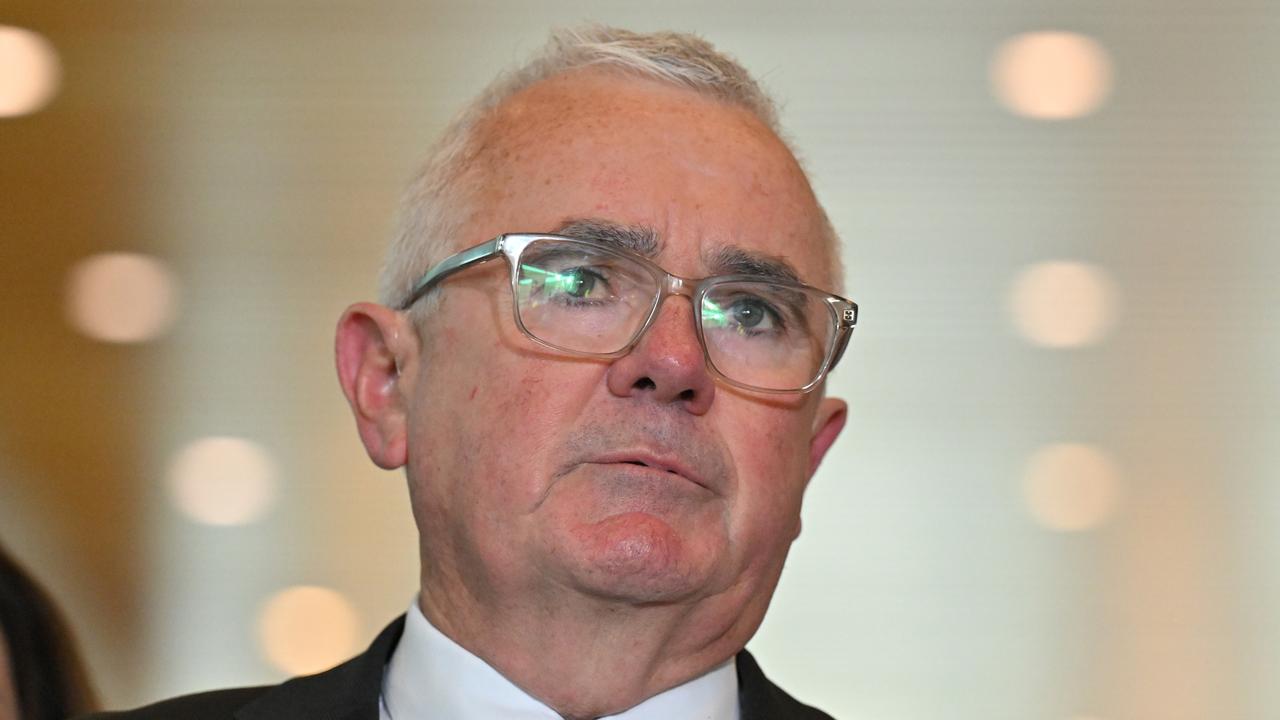
The rise of artificial intelligence has led to fears the technology could lead to a repeat of the robodebt scheme, an independent MP has warned.
The alarm was sounded at the launch of a bill in federal parliament on Monday, aimed at providing greater protections for those on social security payments.
Independent MP Andrew Wilkie said there was a strong temptation for governments to use AI to cut work in social services, but a reliance on badly-designed automation was what led to the unlawful robodebt program in the first place.
"I don't have any confidence at the moment that any future AI process will be any better," he said while introducing the bill.

The proposal by the Greens and crossbench MPs would put in place several recommendations from a royal commission into the robodebt scheme that have yet to be enacted more than two years after they were released.
A limit of six years would also be put in place for all debt recoveries.
It would require the Department of Social Services to have a positive duty of care for welfare recipients and ensure their needs are met when debt notices are handed down.
The bill would also ensure that any automated processes in social security services include a human check and oversight, Mr Wilkie said.
"Every client who gets a debt notice must be notified if it has been automated, and have appropriate recourse to question it," he said.
"At its simplest, it provides a framework for the future and for new technologies."
The robodebt scheme, which ran between 2015 and 2019, used automated data from the tax office to calculate average earnings and issue debt notices.
The scheme, later ruled as unlawful, recovered more than $750 million from almost 400,000 people.
Many welfare recipients were falsely accused of owing the government money and the program was linked to several suicides.
The government accepted, or accepted in principle, all 56 of a royal commissions' recommendations into the scheme released in 2023.
As of November 2024, 28 of the findings had been fully implemented.

But Mr Wilkie labelled robodebt a "live issue", and said much legislative work remained to ensure that there is no repeat.
The crossbench bill would also restrict welfare decisions that could be automated, as well as provide better protections for people experiencing hardship from debt notices.
However, the private member's bill is not expected to pass parliament due to it not being government legislation.
Greens senator Penny Allman-Payne, who introduced the bill into the upper house on Monday, said measures should be put in place for the safety of vulnerable Australians.
"If you're struggling to pay the rent or put food on the table, getting hit with a dodgy debt notice can be catastrophic," she said.
"More than two years on from the royal commission, and still Labor is treating vulnerable welfare recipients like criminals."
Lifeline 13 11 14
beyondblue 1300 22 4636







